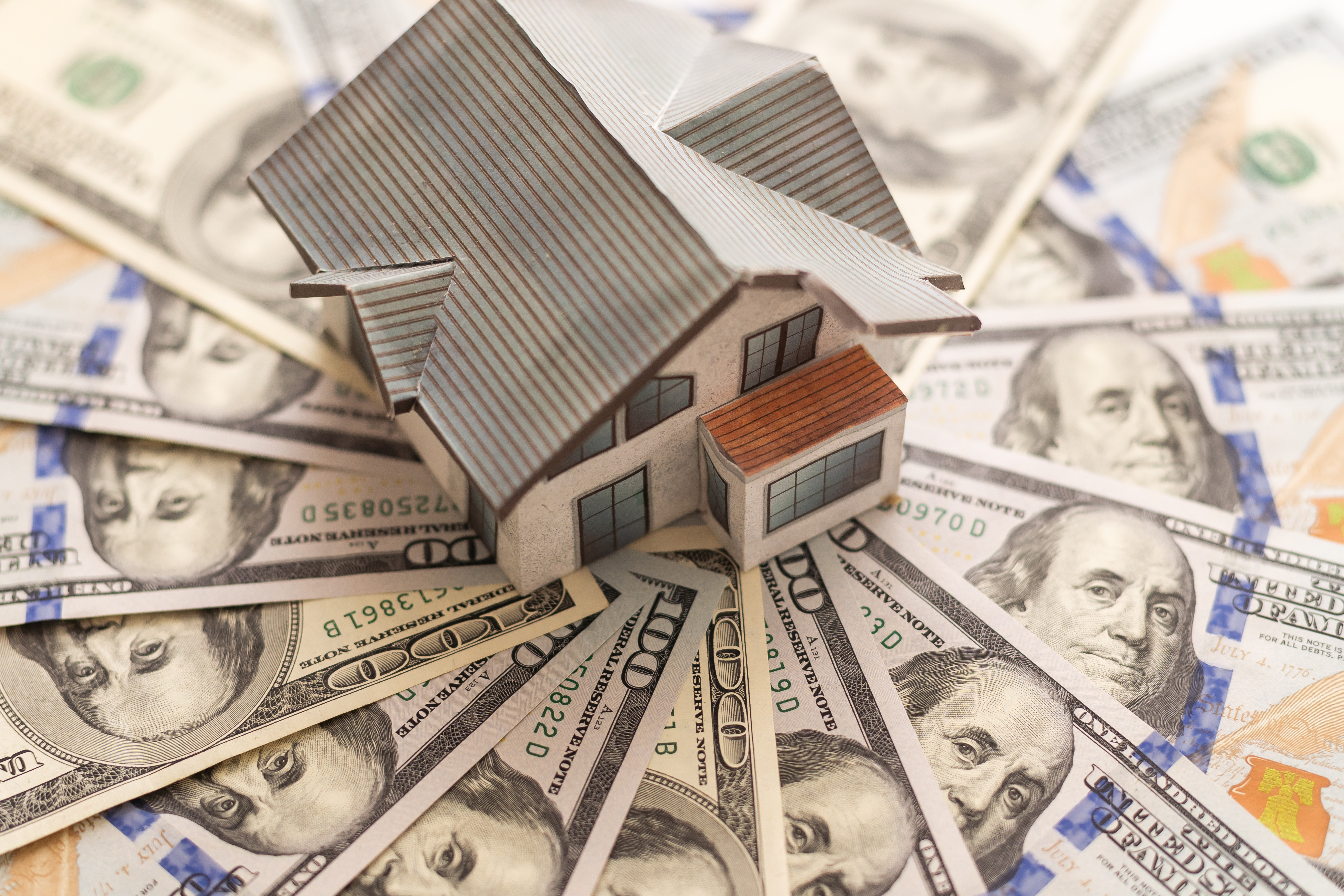Just how It Functions: A Comprehensive Overview to Mortgage Lending for First-Time Purchasers
Steering the world of mortgage lending can be intimidating for first-time buyers. Comprehending the essential components like principal, passion, and down payments is necessary. Furthermore, recognizing the various kinds of home loan and the application procedure can substantially affect one's experience. By exploring crucial elements that affect passion rates, customers might discover valuable insights. What else should they consider prior to making such a considerable economic dedication?
Understanding Mortgage Essentials
When novice customers go into the domain name of homeownership, understanding mortgage fundamentals comes to be crucial for making notified decisions. A mortgage is fundamentally a loan secured by the home being bought, enabling individuals to buy a home without paying the full cost upfront. Purchasers must understand vital elements, including principal, rate of interest, tax obligations, and insurance coverage, often summed up as PITI. The principal is the quantity obtained, while passion is the price of loaning that amount, expressed as a portion. Tax obligations and insurance coverage are added prices that can markedly affect regular monthly repayments. Buyers need to also think about the lending term, typically 15 or thirty years, which affects settlement quantities and total rate of interest paid. Comprehending credit history is crucial, as they affect lending eligibility and rate of interest. Understanding these fundamental principles encourages newbie buyers to browse the mortgage landscape confidently and make choices that straighten with their monetary objectives.
Kinds Of Mortgage Loan
When thinking about mortgage choices, first-time customers typically come across 2 key kinds: fixed-rate and adjustable-rate mortgages. Fixed-rate mortgages offer stability with regular settlements over the financing's term, while adjustable-rate home mortgages can give lower preliminary rates that may rise and fall gradually. Comprehending these distinctions is crucial for making an educated decision.
Fixed-Rate Home mortgages
Fixed-rate mortgages offer security and predictability for first-time property buyers steering the complexities of home financing. With a fixed-rate mortgage, the rate of interest stays constant throughout the lending term, normally varying from 15 to thirty years. This regular price enables customers to plan their budgets effectively, understanding that their monthly settlements will certainly not change. Newbie purchasers take advantage of this structure as it removes unpredictability in lasting financial commitments. Additionally, fixed-rate mortgages often feature reduced initial rates compared to adjustable-rate choices, making them an appealing selection for those seeking to establish home equity gradually. Overall, fixed-rate home loans supply an uncomplicated path to homeownership, ideal for people looking for long-lasting monetary safety and security.
Adjustable-Rate Mortgages
For new buyers seeking flexibility, adjustable-rate mortgages (ARMs) can give an attractive alternative to fixed-rate financings. ARMs normally supply reduced initial rates of interest, making regular monthly payments extra inexpensive in the early years. These prices vary after an initial set duration, which can lead to increased repayments over time. Customers need to comprehend the index and margin that figure out future rate changes. Commonly, ARMs have modification durations of one, 3, or 5 years, with routine caps to limit just how much rates can boost at each modification. While ARMs can be beneficial for those intending to sell or re-finance before the price readjusts, they also bring dangers if market conditions change significantly. Detailed study is essential for informed decision-making.
The Mortgage Application Process

Secret Aspects Influencing Rates Of Interest

Deposits and Closing Prices
Recognizing down settlements and shutting expenses is important for first-time buyers, as these costs substantially affect the general price of a home mortgage. A down payment is the initial quantity paid towards the home's acquisition price, normally shared as a percentage. this post It can vary from as low as 3% to 20% or more, depending on the loan type and lending institution requirements. A bigger down repayment can reduce month-to-month mortgage settlements and get rid of personal mortgage insurance (PMI), which safeguards lenders in situation of default.Closing costs, on the various other hand, incorporate numerous charges sustained throughout the home-buying process. These may consist of finance source fees, appraisal costs, title insurance coverage, and lawyer fees, normally amounting to 2% to 5% of the home's purchase price. Novice buyers must budget plan for both deposits and closing prices to guarantee they can safeguard their mortgage and successfully browse the home-buying process.
Tips for First-Time Homebuyers
What essential suggestions can new homebuyers follow to navigate the usually tough process of acquiring a home? Establishing a practical budget plan is important. Buyers ought to examine their financial circumstance, consisting of revenue, expenditures, and possible mortgage settlements. Next, getting pre-approval for a home mortgage can supply clearness on what one can pay for and strengthen their placement when making an offer.Researching areas is equally important; purchasers ought to take into consideration variables such as features, institutions, and future advancements. Furthermore, it is a good idea to deal with a certified realty agent that can use important understandings and guidance throughout the buying process.Home inspections must not be overlooked, as they can discover concealed issues that might impact long-lasting contentment. Ultimately, purchasers should remain person and versatile, recognizing that locating the right home may take some time. By complying with these tips, first-time property buyers can approach the marketplace with confidence and knowledge.
Regularly Asked Inquiries
What Papers Are Needed for Mortgage Pre-Approval?
For mortgage Website pre-approval, individuals generally need to give that site revenue confirmation, employment background, debt records, income tax return, financial institution declarations, and information of any financial obligations (Private Mortgage Lenders Savannah GA). These papers assist loan providers analyze monetary ability and identify financing eligibility
Can I Get a Mortgage With Bad Credit Scores?

Several loan providers consider candidates with poor credit score, though terms may differ. Greater rates of interest or bigger down settlements might be needed. Checking out choices with specialized loan providers or federal government programs can also enhance chances for authorization.
How much time Does the Mortgage Authorization Process Take?
The mortgage authorization procedure usually takes in between 30 to 45 days. Factors affecting this timeline include the loan provider's performance, the debtor's monetary documentation, and the intricacy of the lending application. Delays may take place because of added needs.
What Happens if I Miss a Mortgage Repayment?
If a mortgage payment is missed out on, late fees may be sustained, and credit history can experience. Prolonged non-payment might lead to foreclosure procedures, triggering the loan provider to recover the building after a collection of warnings.
Can I Re-finance My Mortgage Later?
Refinancing a mortgage later on is commonly possible, permitting home owners to change their loan terms, rate of interest, or month-to-month settlements. Nonetheless, eligibility relies on credit rating, present market conditions, and the existing mortgage's terms. Private Mortgage Lenders Savannah GA.